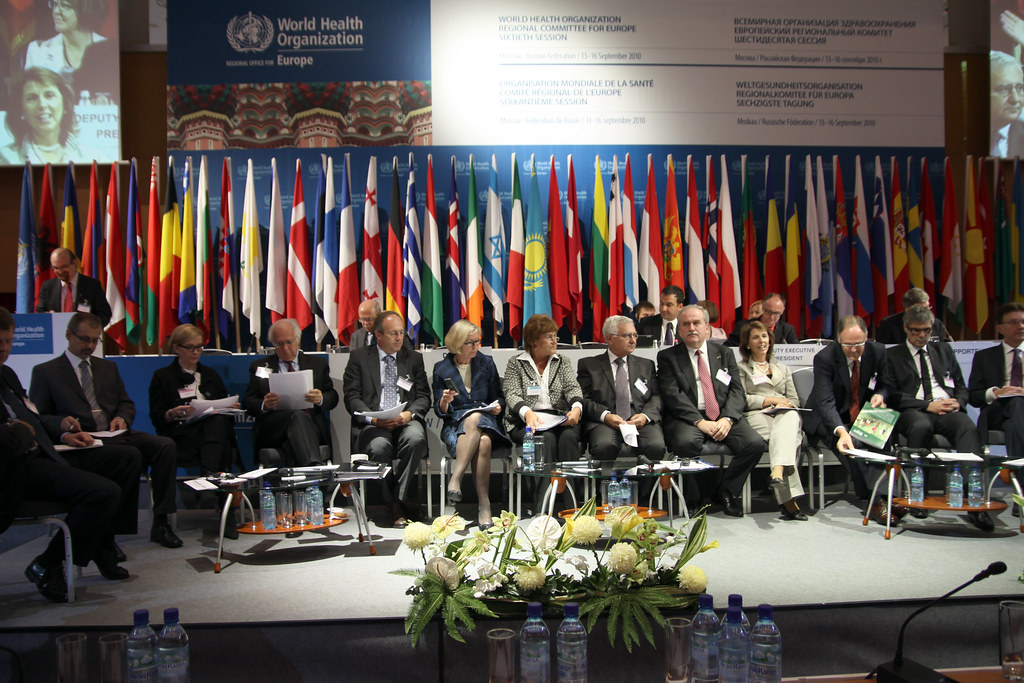Quick Summary
-
A new report of the UN's climate panel, the IPCC, supposedly proves catastrophe and justifies rapid fossil fuel elimination. UN head Antonio Guterres calls it "code red for humanity" that "must sound a death knell for...fossil fuels, before they destroy our planet." False.1
-
The IPCC's Working Group 1 report engages in highly speculative projections of warming that even if true will simply mean that human beings have to continue to engage in more of the fossil fueled climate mastery has has driven climate-related disaster deaths to all-time lows.
-
Why do I say the UN report is highly speculative? One reason is that the report itself admits it has only a vague idea of how much warming will result from a given amount of CO2, which it speculates could be as little as 2°C and as high as 5°C--a huge range.2
-
The Working Group 1 report does not say any of the catastrophic things that UN leaders and the media claim it does. It simply makes a wide range of projections about how much warming might occur over the next 80 years, and what other areas of climate that might impact.
-
The UN report says nothing about whether its predictions will be catastrophic for humanity. But given what we know about human beings ability to master climate danger, we can be sure that even if the unlikely scenarios come true they will not be due to 7 "Inconvenient Truths."
-
Inconvenient Truth 1: UN spokespeople have a 50-year track record of making 180° wrong catastrophe predictions. They are catastrophizers who wildly overstate the negative side-effects of industry and ignore the huge benefits, including climate mastery.
https://twitter.com/AlexEpstein/status/1424810764636856323 -
Inconvenient Truth 2: Fossil fuels' CO2 emissions have contributed to the warming of the last 170 years, but that warming has been slow and masterable—1 degree Celsius, mostly in colder parts of the world. And life on Earth thrived when CO2 levels were more than 5 times today's.3
-
Inconvenient Truth 3: Human beings are safer than ever from climate. The rate of climate-related disaster deaths—deaths from extreme temperatures, droughts, wildfires, storms, and floods—has decreased by 98% over the last century.4
-
Inconvenient Truth 4: Fossil fuels have actually made us far safer from climate by providing low-cost energy for the amazing machines that protect us against storms, protect us against extreme temperatures, and alleviate drought.
-
Inconvenient Truth 5: Low-cost, reliable, versatile, global-scale energy from fossil fuels has made humanity so productive that since 1980, the fraction of people living in extreme poverty—less than $2 a day—has gone from more than 4 in 10 to less than 1 in 10.5
-
Inconvenient Truth 6: Cold is a far greater danger to humans than heat--and thus, as a recent Lancet publication explained, we should expect warming to save more cold-related deaths than it causes heat-related deaths.6
-
Inconvenient Truth 7: Thanks in part to CO2 fertilization, but in larger part to fossil fueled productivity, humanity has never been better fed than today. There is no danger of not being able to feed humanity if we have low-cost, reliable, global-scale energy.7
-
To learn the big-picture truth about fossil fuels and climate, read my recent Congressional testimony. https://energytalkingpoints.com/alex-epstein-congressional-testimony-for-may-19-2021/
References
-
Euronews - U.N. sounds 'deafening' warning on climate change↩
-
UK Met Office HadCRUT5 dataset
“The best estimate of CO2 concentration in the global atmosphere 540 million years ago is 7,000 ppm, with a wide margin of error.” Patrick Moore - THE POSITIVE IMPACT OF HUMAN CO2 EMISSIONS ON THE SURVIVAL OF LIFE ON EARTH↩
-
For every million people on earth, annual deaths from climate-related causes (extreme temperature, drought, flood, storms, wildfires) declined 98%--from an average of 247 per year during the 1920s to 2.5 in per year during the 2010s.
Data on disaster deaths come from EM-DAT, CRED / UCLouvain, Brussels, Belgium – www.emdat.be (D. Guha-Sapir).
Population estimates for the 1920s from the Maddison Database 2010 from the Groningen Growth and Development Centre, Faculty of Economics and Business at University of Groningen. For years not shown population is assumed to have grown at a steady rate.
Population estimates for the 2010s come from World Bank Data.↩
-
World Bank Data - Poverty headcount ratio at $1.90 a day (2011 PPP) (% of population)↩
